The Sleep and Stress Cycle
Tips for rebalancing
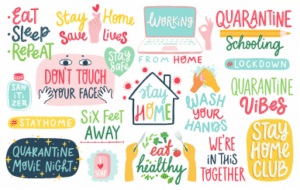 Lack of sleep can cause stress. Stress can disturb sleep. A recent survey conducted by Aviva Health Insurance, revealed that the UK were the worst sleepers out of 14 countries. I am sure all of you have had sleep issues at some time or another.
Lack of sleep can cause stress. Stress can disturb sleep. A recent survey conducted by Aviva Health Insurance, revealed that the UK were the worst sleepers out of 14 countries. I am sure all of you have had sleep issues at some time or another.
Here are some tips to help you, or someone you know, try and manage these issues.
Sleep
Sleep is one of those things we don’t think about until there is a problem; then it becomes all consuming! This last year particularly has severely affected many people on all levels of their health. Be it mental and/or physical, sleep is often the first casualty of stress and once it has been disturbed it can be very difficult to re-establish a healthy pattern.
Health conditions can add to sleep issues e.g. 61% of women in menopause or perimenopause have major sleep issues.
What can be done?
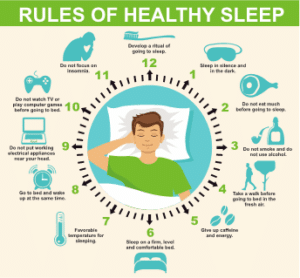 There are many things to try. Sometimes they are so obvious we miss them.
There are many things to try. Sometimes they are so obvious we miss them.
This chart explains some very simple guidelines worth checking to see if you are helping yourself in the best way possible.
Magnesium
I’ve found from personal experience that Magnesium levels can often be very low when stressed (up to 80% of people that I have treated are magnesium deficient) and this can impact sleep length hugely! Magnesium helps with blood sugar, relaxes muscles and soothes nerves. It can also have a positive impact on the menstrual cycle. A desire for chocolate is a sure sign that you are magnesium deficient!
I’ve found a few magnesium products helpful.
Nutri Advanced
Nutri Advanced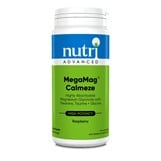 sell quality powders and tablets and are a reputable company who do extensive research on products. When taken at night, according to dosage, it can make a real difference and has the added bonus of helping maintain calmness in the day as well!
sell quality powders and tablets and are a reputable company who do extensive research on products. When taken at night, according to dosage, it can make a real difference and has the added bonus of helping maintain calmness in the day as well!
I’ve tried many different magnesium supplements over the years and these, I felt, worked well. They have an extensive range of powders which can work really quickly.
BetterYou
Magnesium can have a strong effect on the bowel so if you are one of these people, magnesium applied transdermal (on the skin) may be a better option. Its absorption rate is excellent so the positive effects can happen quickly
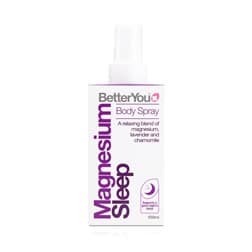 BetterYou are an ethical company who have loads of research backing up the science behind this method. There is an extensive range of products to suit all needs, sports people young and old. The uptake of Magnesium on the skin is well documented and is great for people who feel lots of physical tension and cramps on the body.
BetterYou are an ethical company who have loads of research backing up the science behind this method. There is an extensive range of products to suit all needs, sports people young and old. The uptake of Magnesium on the skin is well documented and is great for people who feel lots of physical tension and cramps on the body.
A.Vogel 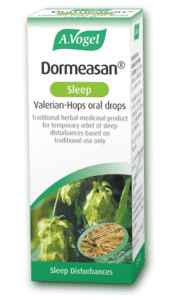 is another excellent company who really provide quality advice in written and video form with a whole host of health issues. They suggest a selection of herbs to help support improved sleep. I advise choosing A.Vogel products as they use strict standardisation of their products so there is a consistency in the quality. I use their liquids (tinctures) as they can work quicker within the body.
is another excellent company who really provide quality advice in written and video form with a whole host of health issues. They suggest a selection of herbs to help support improved sleep. I advise choosing A.Vogel products as they use strict standardisation of their products so there is a consistency in the quality. I use their liquids (tinctures) as they can work quicker within the body.
Essential oils
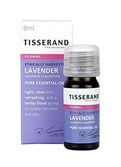 Essential oils are a useful support for sleep issues as well. Lavender is the obvious choice but it is an adaptogen which means it can stimulate as well as calm so only a few drops are needed rather than liberal spraying/dripping.
Essential oils are a useful support for sleep issues as well. Lavender is the obvious choice but it is an adaptogen which means it can stimulate as well as calm so only a few drops are needed rather than liberal spraying/dripping.
There are many oils that have a calmative effect. These include Ylang Ylang, Rosewood, Sandalwood, Neroli and Pettigrain. There are many many more.
My tip is to smell the oils first and allow your nose to choose. The sense of smell is intrinsically linked to emotions & allowing that sense to choose will increase the effectiveness of the oils. If you like the oils they relax you more quickly. Just make sure they are 100% pure essential oils as the synthetic oils don’t have the same effect.
Apps
There are many apps available to help with sleep deprivation. Headspace is the one I use but that is subscription and there are loads of others on the market.
Try out a free app first to see if it something that resonates with you.
Some people like to listen to calming music, others find guided meditations useful or you may prefer to be read a story to help your mind switch off. There is plenty of choice so have a good look round.
Books and Audiobooks
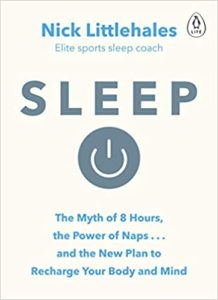 If you like to read I recommend Sleep by Nick Littlehales. I’ve read numerous books about sleep and this is a short read packed full of really useful information.
If you like to read I recommend Sleep by Nick Littlehales. I’ve read numerous books about sleep and this is a short read packed full of really useful information.
Nick is a sports sleep coach and has worked with top sports teams who have to travel around the world, sleeping in different hotel rooms. In this book, you work out whether you are an am or pm person and what that means for your sleep patterns and so much more. He explains sleep patterns in a very different way that really makes sense.
If reading isn’t your thing there are downloads available to listen too the book. It is also available on Audible.
Homeopathy
If you have done of all of these suggestions already then Homeopathy is worth trying.
Having a full consultation with me (up to 90 mins) will give you the opportunity to discuss your sleep issues in fine detail. I will want to know about wake-up times in the night, what you feel like when you wake up, are there any physical symptoms as well as emotional ones, how long are you awake for? Plus much more. These questions really help me drill down to a selection of homeopathic remedies which can support improvement in poor sleep quality.
I individualise your symptoms so you get a bespoke treatment plan. In Homeopathy, one size does not fit all!
Book your free 20 minute discovery call or a full consultation here.
Reflexology
I am also a reflexologist. Often a common side-effect of having a reflexology treatment is having a good night’s sleep! This is a good one to try as there can be a strong link with physical and mental tension (and if you enjoy your feet being touched.
Just having a bit of nurturing can be enough to make a person realise how little time they take to properly relax. Reflexology helps to balance the body, calming the nervous and muscular systems. A treatment can be booked through the website here.
Until next time, here’s to an excellent night’s sleep!
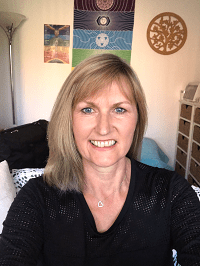
Homeopath Carol Russell – an interview (Part 2)
Book an appointment or free Discovery call Share on facebook Facebook Share on twitter Twitter Share on linkedin LinkedIn Share on pinterest Pinterest Contact me

Carol Russell – an interview (part 1)
Carol Russell is a homeopath and natural health practitioner living and working in Hedge End near Southampton. I asked Carol some questions to find out more.
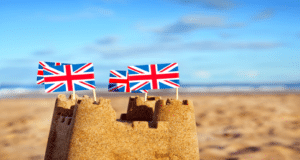
Holistic First Aid
Holistic first aid? A few of us may be venturing abroad but the majority of us will be looking to holiday in the UK. Even if we are not actually going away anywhere, the Summer brings many different ailments.
